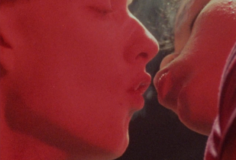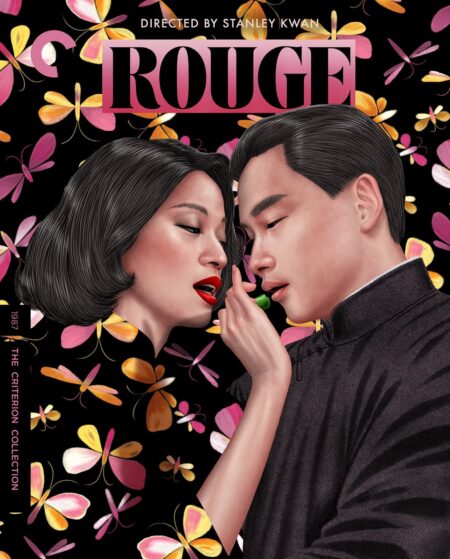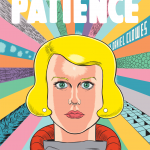
” Madam Phung’s Last Journey ” is a Vietnamese documentary film examining the lives of troupe of drag/transgender performers. It’s screening on Sunday, March 13 at Northwest Film Forum in Seattle.
We’re a sucker for carny folk stories. Even more so, when the carny folk are queer and mostly transgender.
Madam Phung’s Last Journey, a documentary film from Nguyễn Thị Thấm follows a troupe of drag/transgender performers led by former monk, “Madam Phung”, as they travel around Vietnam eking out a living performing at carnivals, festivals, weddings and wakes. It’s not an easy life. But, the film is a fascinating look at the lives of these men and women trying to live their lives in a communist country that frowns on “decadent lifestyles”.
Right now, you have one shot to check out Madam Phung’s Last Journey…it’s screening this Sunday, March 13, 2016 at Northwest Film Forum at 7pm. (We have a suspicion it might turn up again at a local film festival though…)
More info:
Seattle premiere
A former monk who left monastic life because “I saw beautiful fags praying, and felt like running away,” Madam Phung is a canny businesswoman who got her start as a singer, and saved her money in the form of gold bars she would bury in the ground. Now she is something of a den mother to her largely transgender troupe – berating them when they drink or fight too much, warning them to stay out of trouble, and dealing with local police and occasionally hostile locals when necessary.It’s the classic carny existence: long hours; setting up and tearing down the stage; exhorting the crowd to buy raffle tickets and play games; putting on a show. But the people we meet in Madam Phung’s Last Journey are not your ordinary fairground workers. “Can’t you just be yourself, without the knives?” is a gem of a line. Activities like guinea pig roulette are not uncommon. This verite documentary by Nguyễn Thị Thấm takes us on a year-long ride with an itinerant troupe of cross-dressing performers, led by Madam Phung, as they travel the remote southern regions and central highlands of Vietnam.
“Madam Phung is, at 40, a star, an impresario and a protector of a collection of slim-hipped boys with glittering eye shadow, extreme false lashes and marabou headpieces.” —The New York Times

















